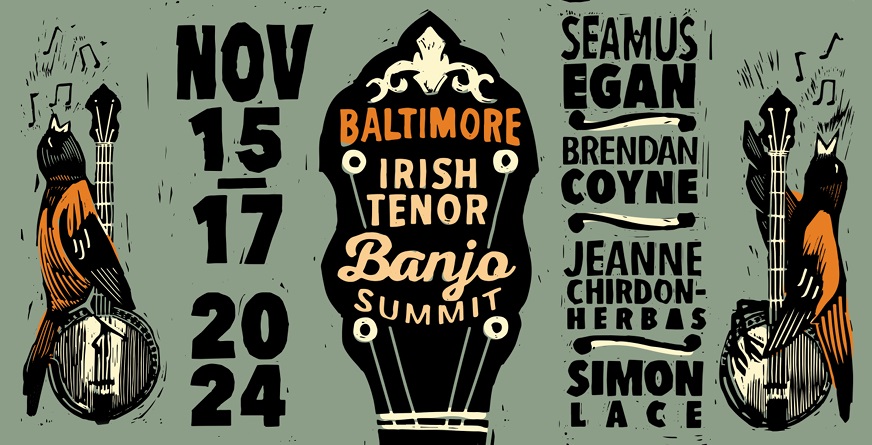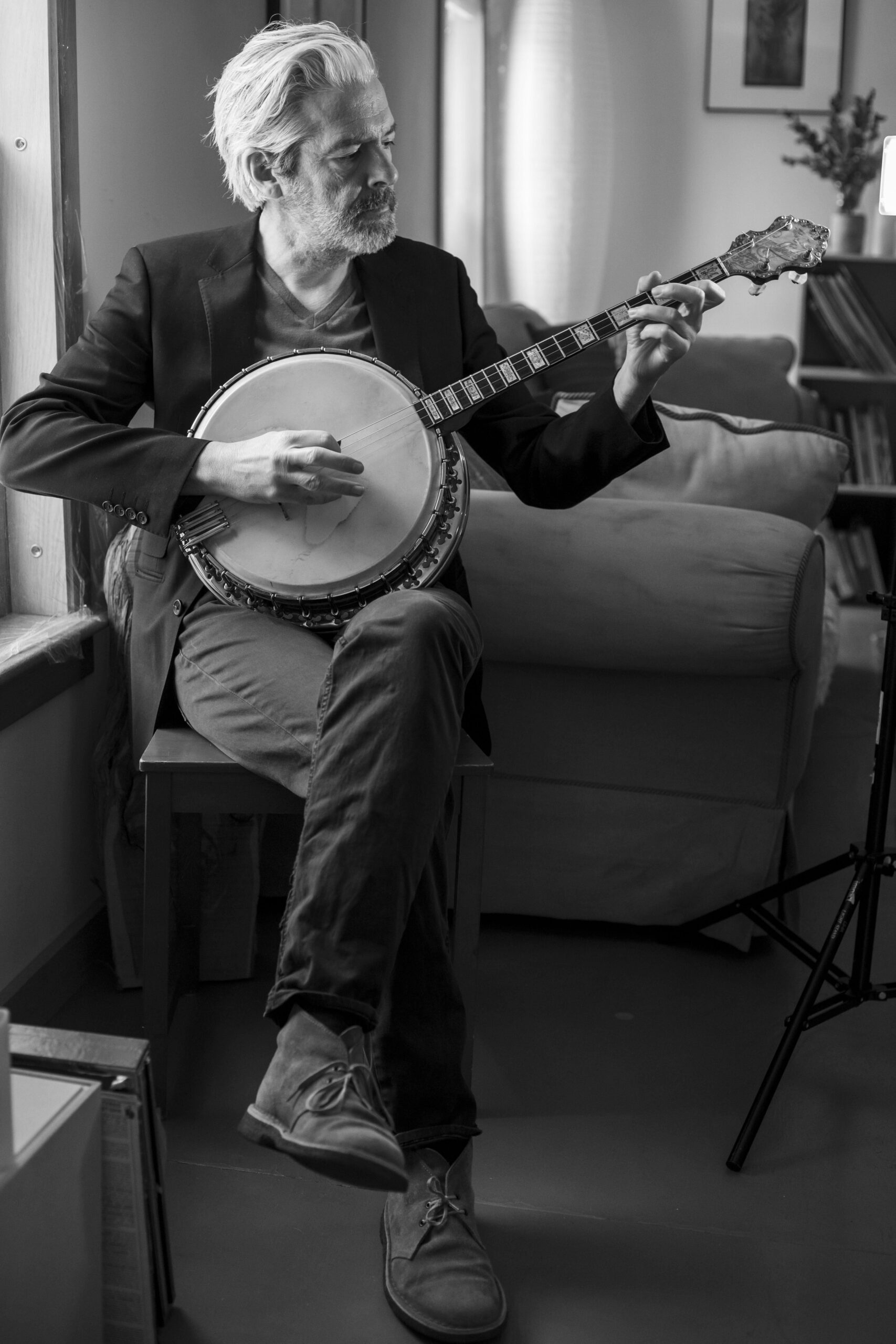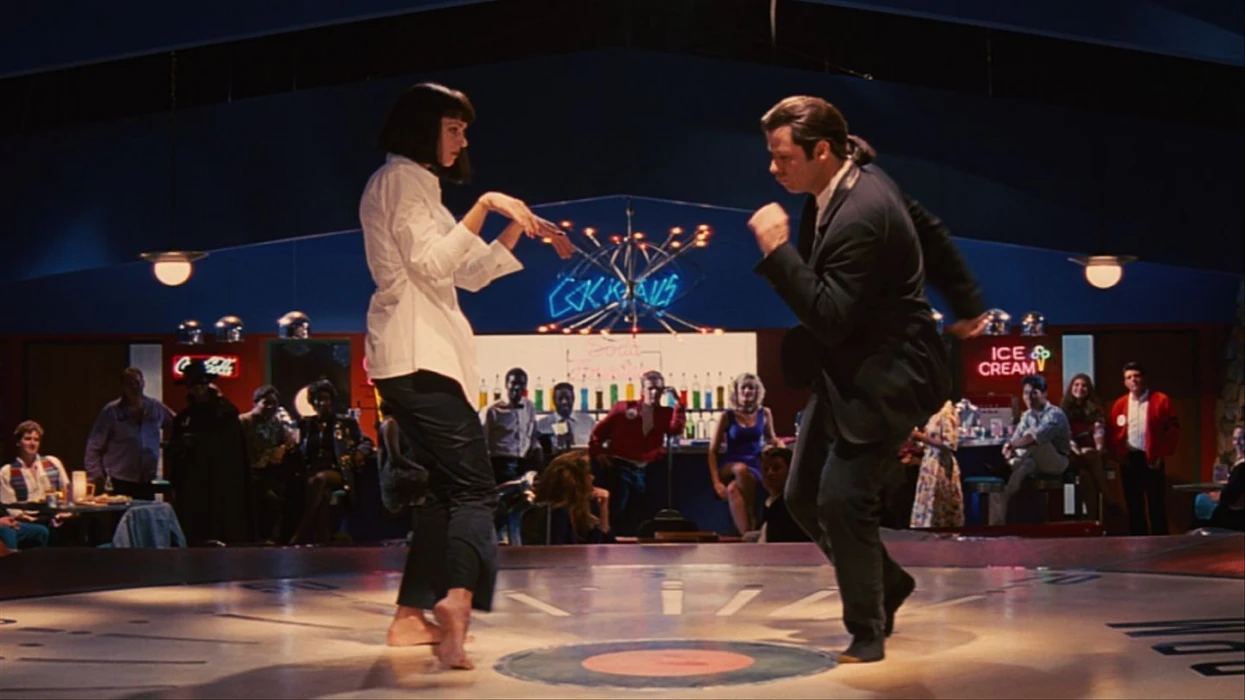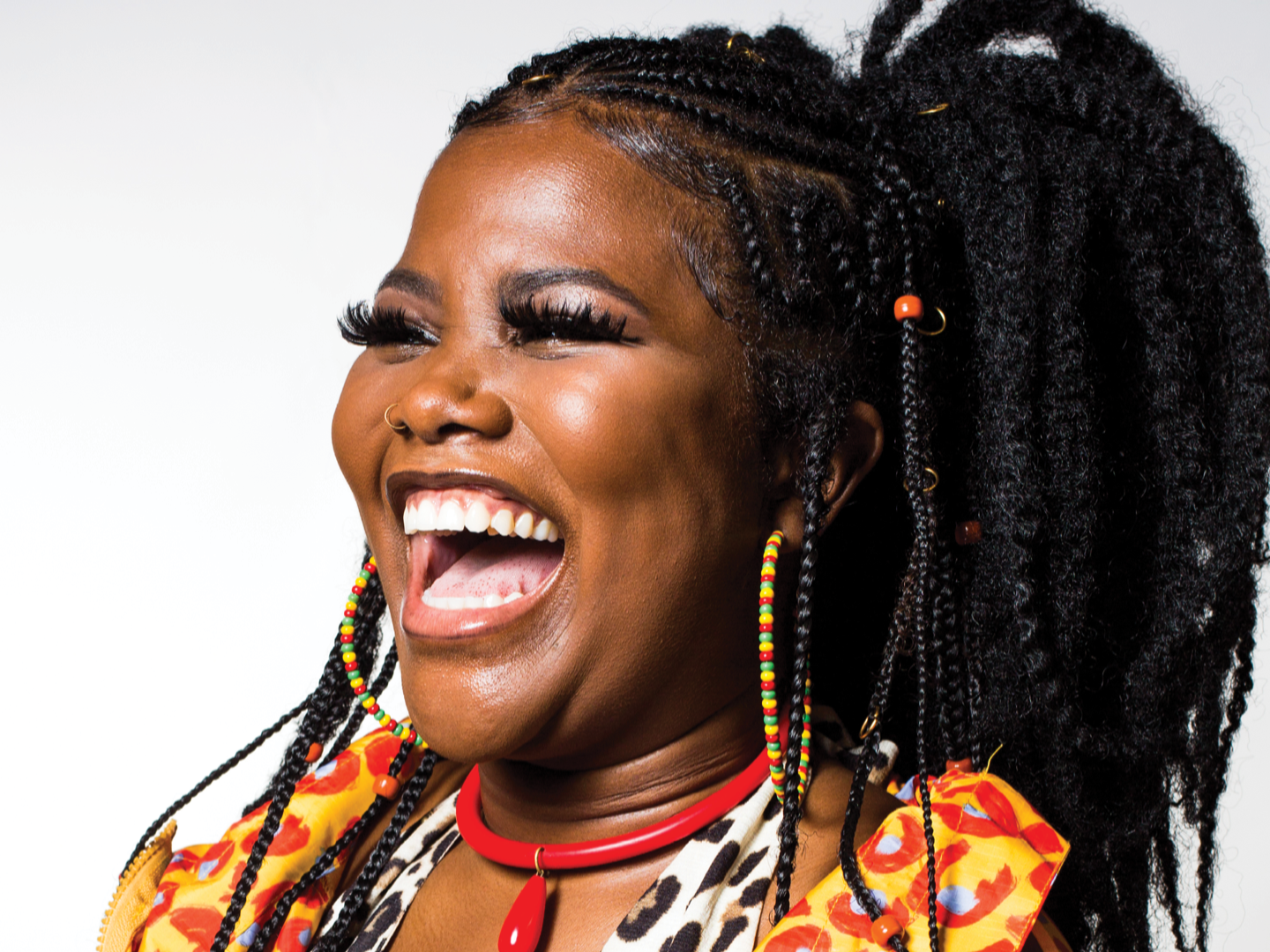Seamus Egan
It’s hard to think of an artist in traditional Irish music more influential than Seamus Egan. From his beginnings as a teen prodigy, to his groundbreaking solo work with Shanachie Records, to his founding of Irish-American powerhouse band Solas, to his current work as one of the leading composers and interpreters of the tradition, Egan has inspired multiple generations of musicians and helped define the sound of Irish music today. As a multi-instrumentalist, he’s put his mark on the sound of the Irish flute, tenor banjo, guitar, mandolin, tin whistle, and low whistle, among others. As a composer, he was behind the soundtrack for the award-winning film The Brothers McMullen, co-wrote Sarah McLachlan’s breakout hit, “Weep Not for the Memories,” and has scored numerous documentaries and indie films since. As a bandleader, Solas has been the pre-eminent Irish-American band of their generation for the past 20 years, continuously renewing Irish music with fresh ideas, including a collaboration with Rhiannon Giddens on their 2015 album. As a performer, few others can make so many instruments or such wickedly complex ornaments seem so effortless. Music comes as naturally to Seamus Egan as breath, but his mastery of the tradition is only one facet of his plans to move the music forward.
In 2018, Seamus Egan began touring as a solo performer, bringing along friends and musical guests, and making music as Seamus Egan Projectthat points towards the origins of Solas in the 1990s. Originally a band of friends who gathered to enjoy the late night craic of the Irish sessions in Philadelphia and New York, Solas was able to meld the breakneck speed and fun of these late night jams with a more sensitive feel for complex arrangements and composition that came from Egan’s love of other music genres like jazz, classical, bluegrass or rock. Revisiting this period in his music, focusing on the three solo albums he cut before Solas, Egan’s looking back to that initial burst of creativity that followed the breathtaking four All-Ireland Championships he won on four different instruments by the young age of 14 and his turns as a star soloist in his later teens with Mick Moloney’s The Green Fields of America.
Growing up under the wing of powerful elder musicians, Egan’s always paid homage to his roots, but he’s thought of these roots less as a heritage and more as a universal language to be shared. Just as classical or jazz cuts across all ethnicities and unites communities around the world, Egan saw Irish music the same way, and the ensuing decades only served to support this idea. Today, musicians play Irish music all over the world, and part of this comes from the constant evolution the tradition has seen in the past century. Certainly this idea of musical evolution has kept Egan centered through the twenty years he’s spent as founding member of Solas, but the first real inkling of this came from his groundbreaking 1996 album, When Juniper Sleeps. Here, Egan began to explore the further reaches of the Irish tradition, blazing his way at spectacular speed through Irish reels, but also bringing in rich compositions and arrangements, and crafting soundscapes to enrich the melodies. This album dropped nearly the same year as Solas’ debut, self-titled album, so it’s no surprise that Egan would reach back to this time period to create new music for new generations.








